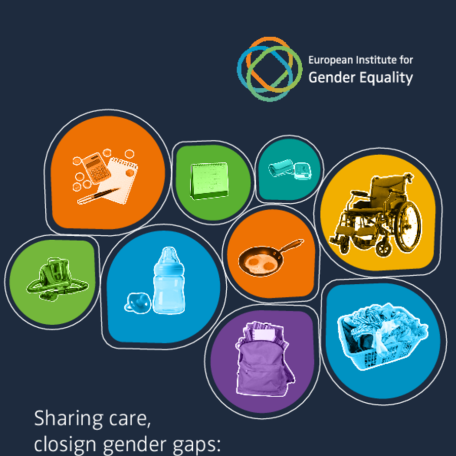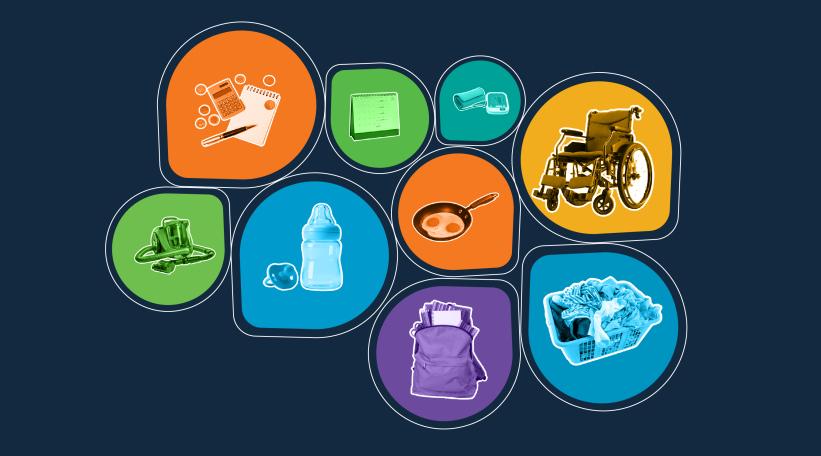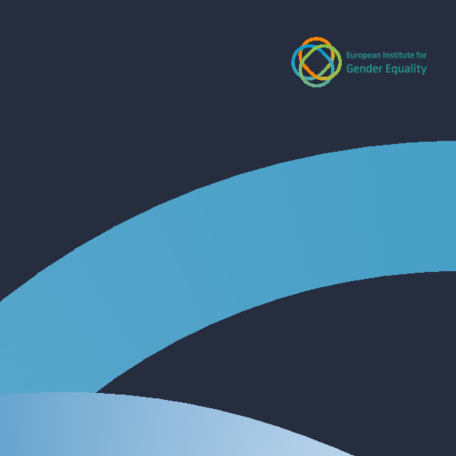
The latest data on women in decision-making roles in the Western Balkans and Türkiye paint a mixed picture but are on the right path for the future.
The good news: In November 2021, national governments (senior ministers) in the EU candidate countries and potential candidates included 33 % women. In the EU Member States, it’s 32% women.
The mixed news: The representation of women at the central banks is higher in the candidate countries and potential candidates than in the EU Member States: 31% versus 26% in the highest decision-making positions.
The ‘could be better’ news: The candidate countries and potential candidates saw an increase of women on the boards of the largest listed companies from 11% in 2014 to 19% in 2021.
Since our societies are made up of roughly 50-50 women and men, it raises a crucial question: why aren’t these positions of power – the people of which, hold great influence for economic and societal change – reflecting this?
It’s a wake-up call. We are not where we need to be yet. Equality is what we are striving for, where everyone's diverse needs are met. That can only happen when those at the top can appreciate the nuances of wider society – based on lived experiences.
Within the context of the Instrument for Pre-Accession Assistance (IPA), EIGE collected data on women in the key decision-making positions across the politics, business and finance in the Western Balkans and Türkiye. What can we learn from their progress?
Promising paths
The IPA beneficiaries have similar or even better percentages when it comes to the representation of women in decision-making positions in politics.
In November 2021, national governments (senior ministers) in the EU candidate countries and potential candidates included 33 % women. In the EU Member States, it’s 32% women.
Interestingly, Albania stands out, where the 17-member cabinet is uniquely imbalanced in favour of women with 71%.
This positive picture is in part down to the benefits of legislative action.
The quotas requiring a minimum proportion of each gender in candidate lists have been set at 30 % in Albania, Montenegro, Kosovo1, and Serbia, and 40 % in North Macedonia and Bosnia and Herzegovina. The latest results show that the quotas have been met or even exceeded.
Bringing balance to company boardrooms
Shifting gears from politics to the world of business and finance, the boardrooms are still very male-dominated in the Western Balkans and Türkiye.
Gender stereotypes and a lack of role models to defy said stereotypes sideline women from accessing top positions – even if qualifications are stacked in favour.
That being said, in the candidate countries and potential candidates we see an increase of women on the boards of the largest listed companies from 11% in 2014 to 19% in 2021.
While this is a step forward, it’s not a stride. It’s still slow.
Bringing some good practice perspective, some EU Member States have introduced legislative quotas in business and finance, which show an increase from 13 % of women on boards in October 2011 to 36 % in October 2021. And now with the gender balance on corporate boards directive adopted towards the end of last year by the European Commission, it will be telling to see how the balance develops by 2026 – where companies will need to have 40% of the underrepresented sex among non-executive directors or 33% among all directors.
This shows us that legislative quotas work and serve hope for the future to see more women in decision-making roles across the board, leading alongside others for meaningful change.
1 This designation is without prejudice to positions on status and is in line with UNSCR 1244 and the ICJ Opinion on the Kosovo Declaration of Independence




